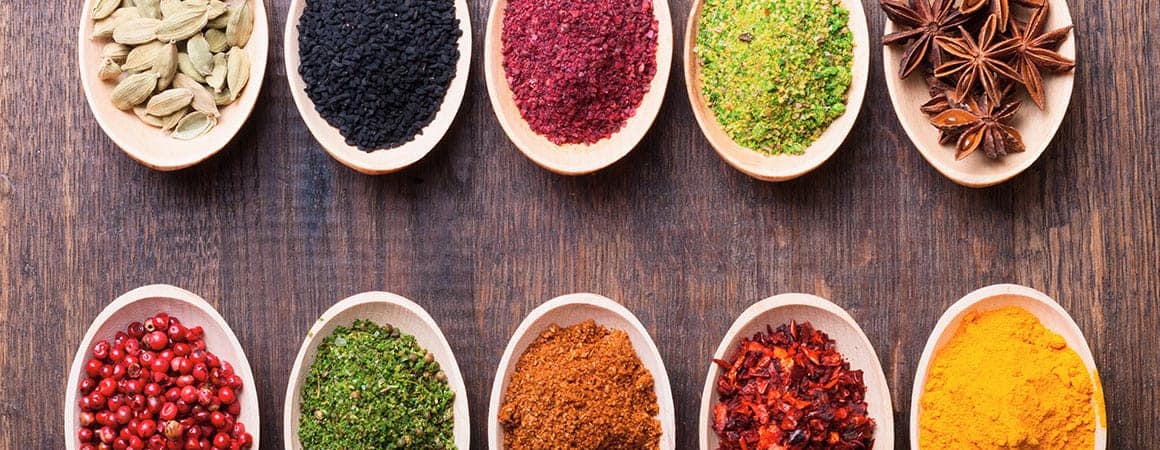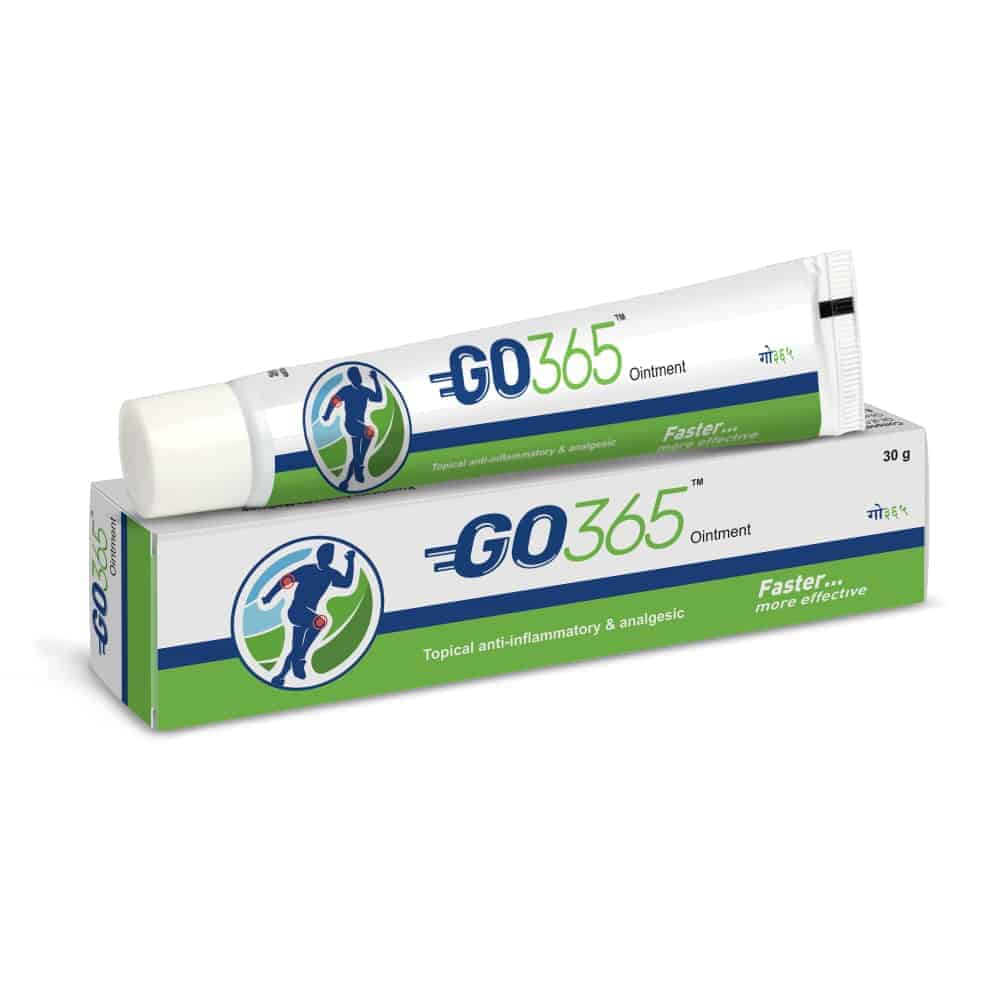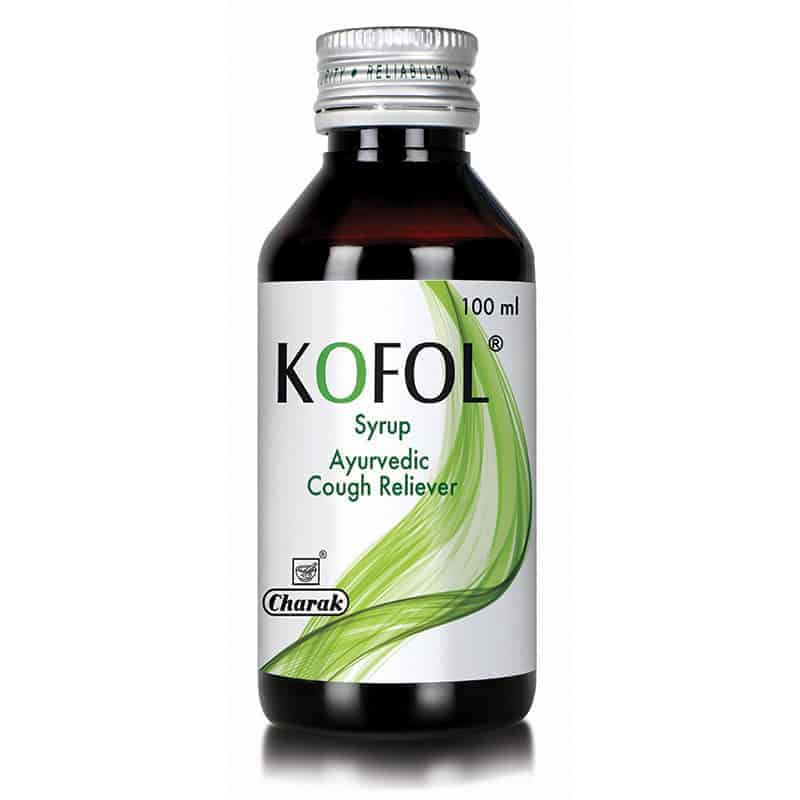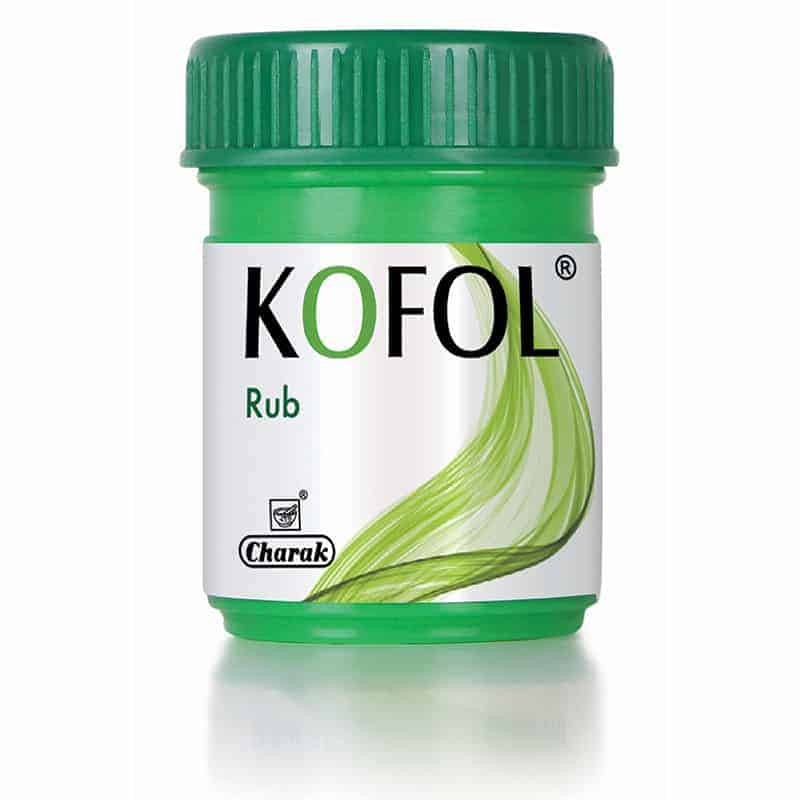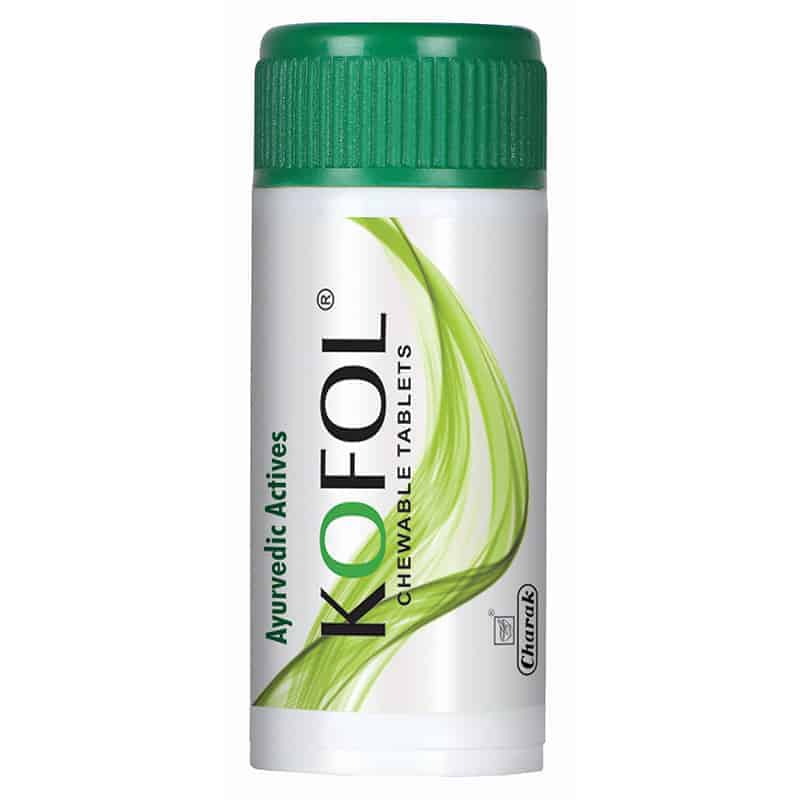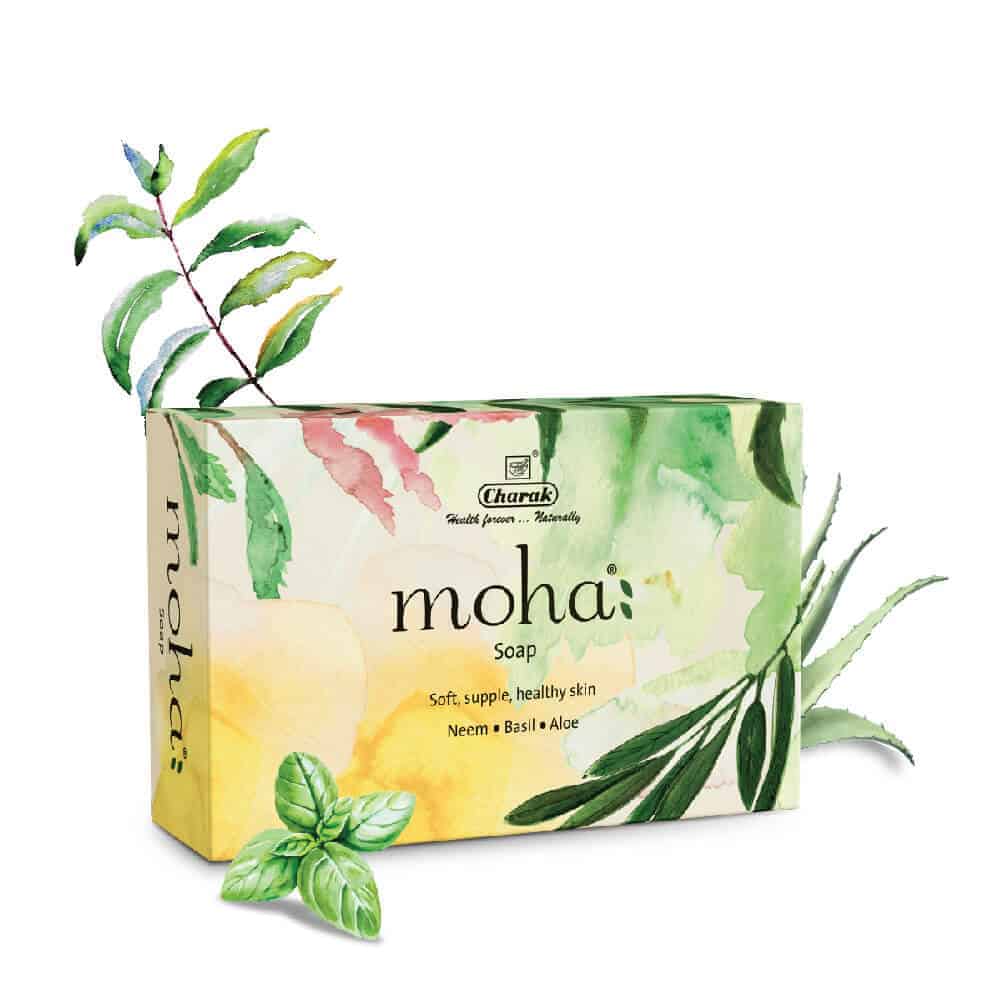Herbs that work on inflammation in a holistic way
Mechanism of herbs explained beyond Ras-Virya-Vipaka
The root cause for most of the lifestyle diseases that plague mankind today is thought to be chronic inflammation. Doctors and researchers say that if body is in a constant state of inflammation, the chances of getting troubled by chronic diseases, including cancer, are very high. And in today’s stressful times, almost everyone seems heading in that direction.
Short-term inflammation is, of course, a good thing, as that is what helps us to fight off bacteria and other harmful pathogens. The problem starts when your body is in a constant state of inflammation. In this context, it is interesting to note that all these lifestyle diseases are distinguished by low-grade systemic inflammation. It is a condition characterized by a 2- to 3-fold elevation in the systemic concentrations of proinflammatory (chemicals responsible for inflammation in the body) biochemicals, however not strong enough to develop disease symptoms. A person remains healthy as long as low-grade systemic inflammation does not occur and when inflammation sets in due to external and/or internal reasons, it steadily leads to a disease. Hence, understanding the molecular basis of inflammation and factors that regulate inflammation can form the basis of restoring health.
Ayurveda, describes Aama, a pathophysiological factor similar to the low grade inflammation, as the common underlying cause of all diseases. Aama is the resulting byproduct of faulty metabolism due to derangement of Agni (the metabolic force), which is often disturbed by an unhealthy lifestyle.
Many herbs can work on inflammation in a multi-faceted holistic and balanced way without the side effects of drugs. Some of these are spices like turmeric, ginger, garlic, parsley, rosemary, cinnamon, cardamom, corainder, black pepper and basil amongst many others.
Adrak (ginger) has active compounds of gingerols, zingibain, bisabolenel, oleoresins and zingiberole and has anti-inflammatory properties which not only help improve muscle and joint pain, but also help to fight cancer, Alzheimer’s disease, arthritis and cancer. It is often used to detoxify the body, stimulate circulation, and ease bronchitis and congestion, aid digestion and reduce flatulence.
Haldi (turmeric) contains compounds called curcuminoids, which help to fight inflammation. Its anti-inflammatory properties, in fact, have been compared to drugs like hydrocortisone and phenylbutazone. It is a strong tool against conditions like arthritis, cancer, joint inflammation, Alzheimer’s, Crohn’s disease, ulcerative colitis, cystic fibrosis and cardiovascular ailments. Turmeric is also traditionally used to heal wounds and treat skin problems propabaly because of its anti-inflammatory action.
Dalchini (cinnamon) contains eugenol (used in pain relief) and cinnamaldehyde (which has sedative properties), is known to be a powerful antioxidant with anti-clotting and anti-inflammatory properties, and may even be able to help improve brain function.
Ela (cardamom) contains potent antioxidants, and is sometimes used in liver detoxification. It is also used to counteract ailments like acidity, nausea, flatulence, bloating, asthma, chronic bronchitis, anorexia, and even to treat gum, teeth, throat and urinary tract infections.
